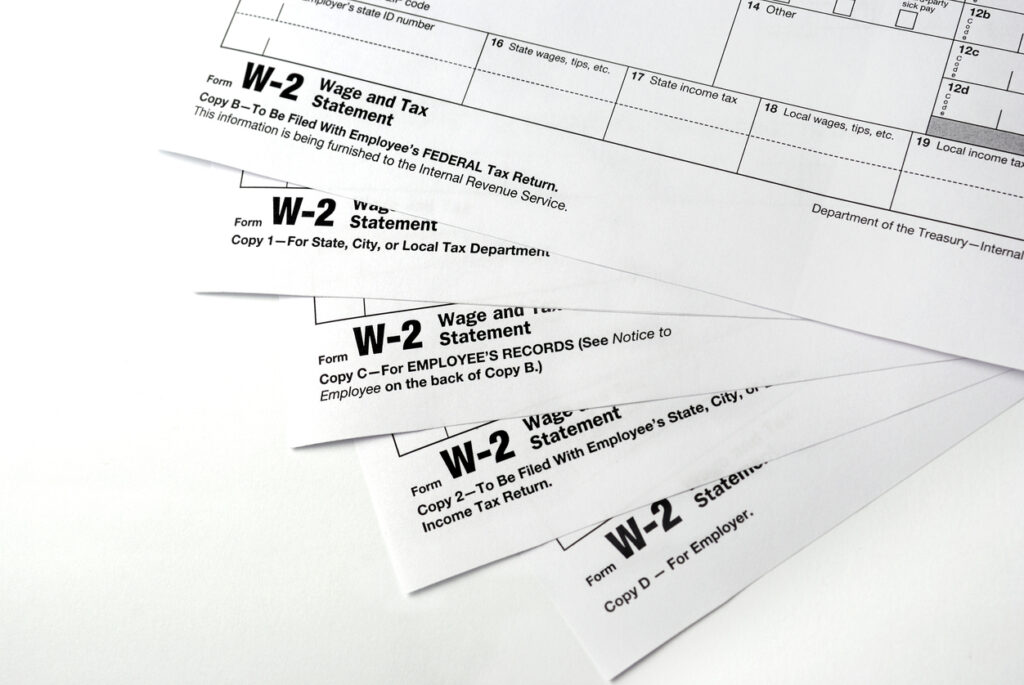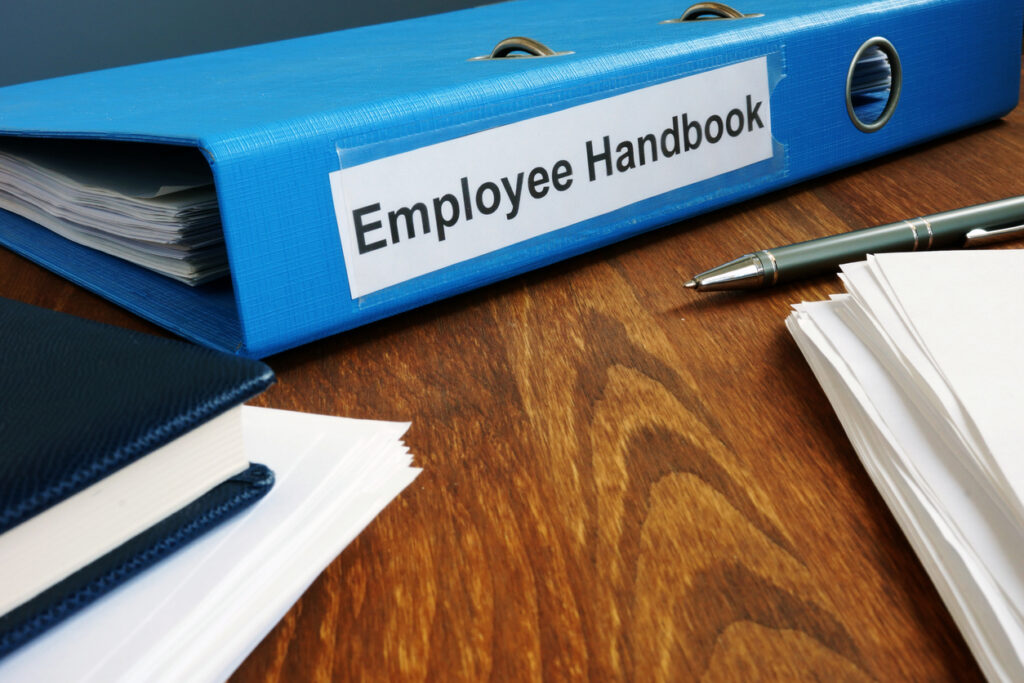Legal Considerations When My Remote Employee Moves to Another State
As a small business owner, having a remote workforce provides a variety of benefits. It allows you to cast a wider net for job candidates so that you can secure the best possible talent for the unique needs of your business. You can also save a significant amount of money in monthly overhead expenses associated with maintaining an office. By offering your team a highly valued perk, it also gives you a competitive advantage when trying to retain your top employees long term.
If your entire remote team lives in the same state where you do business, employment considerations are relatively straightforward. But if you have a remote employee that relocates to another state, it can create a variety of complex legal, tax and compliance requirements to navigate. While these matters can prove challenging at first, they can easily be managed with the help of an experienced small business attorney.
As you begin planning for the legal matters that will arise when your employee moves out of state, it’s important to understand the critical laws and regulations that you’ll need to comply with. The following guide will help navigate the process.

Which State’s Laws Apply to Out-of-State Remote Employees?
In general, you’ll need to adhere to the laws of the state where your remote employee lives when complying with regulations associated with their employment. In some situations, there may be additional laws associated with the specific city where they reside which must be addressed as well. New York, Chicago, San Francisco and Seattle are examples of cities which have stringent regulations for their employees.
Before your employee moves out of state, you should research the employment laws governing the state where they will be living. This will help you understand the differences in the way matters such as payroll taxes, employment benefits and other items must be handled for this employee moving forward.
Business Registration and Insurance
When an employee relocates to another state, you will generally need to register your business with the new state’s revenue and unemployment agencies. As part of this process, you must determine whether you are considered to be “conducting business” in that state. This distinction varies based on:
- The state your employee is living in
- Their role in your company
- The services they provide
If you’re considered to be “conducting business” in the new state, you’ll need to obtain a Certificate of Authority to Transact Business or the equivalent form in from the Secretary of State where your employee lives.
You’ll also need to register with your employee’s new state unemployment division and make sure the employee’s withholdings comply with their new state’s requirements. In addition, your workers’ compensation coverage for the employee must align with the minimum requirements of their new state. In some instances, this may require you to adjust your workers’ compensation insurance policy.
Tax Implications for Out-of-State Employees
You’ll need to withhold state income taxes based on the state where your employee lives and works. In many instances, income tax laws in the new state may be different than the laws governing the state where your business resides. If necessary, you may also need to register with the state’s tax authority.
Some states have reciprocity agreements. You’ll need to research whether these exist between your state and your employee’s new state of residence to avoid double taxation.

Compliance with Wage and Hour Laws
Wage and hour laws differ from state to state. You’ll need to comply with all minimum wage and overtime provisions associated with the laws in your employee’s new state of residence. You may also need to make adjustments to your payroll if laws governing pay frequency in the new state differ from the laws where your business resides.
Employee Benefits
Each state has different requirements for employee benefits, and you’ll need to review your existing benefits packages to ensure they meet the state requirements in your employee’s new place of residence. For example, some states require paid leave, sick leave and FMLA-type benefits that exceed federal guidelines.
In addition, you’ll need to make sure the health insurance packages you offer will adequately serve your employee in their new state. For example, if there are no (or insufficient) in-network providers on your existing plan in the employee’s new state, you may need to look into a plan that will allow your employee to find healthcare providers near their new home.
Additional Compliance Considerations to Monitor
The following items may have varying regulations from state to state, making it important to review the laws in your employee’s new state to ensure you’re in compliance:
- Employee Handbooks – Your employee handbook plays an important role in ensuring your team understands company policies. You may need to update your handbook to reflect the legal requirements and employment policies that are applicable in your employee’s new state.
- Recordkeeping and Reporting – Accurate recordkeeping is especially critical when you have employees living in multiple states. Make sure you keep detailed records of all tax filings, payroll and employee benefits. In addition, you’ll need to verify that you’re meeting the reporting requirements in your employee’s new state.
- Employee Classification – Each state has slightly different employee classification criteria. It’s important to review the criteria in your employee’s new state to ensure they aren’t being misclassified as an independent contractor. Fines and penalties for employee misclassification can be costly.
- Non-Compete and Other Restrictive Agreements – Each state has different laws governing non-compete agreements and other restrictive employment agreements. Make sure your existing agreements comply with the regulations governing these covenants in your employee’s new state and update their agreements if necessary to avoid compliance violations.

Elizabeth Lewis Can Help You Navigate these Legal Considerations
The legal considerations to navigate when a remote employee moves to another state can be overwhelming, and it’s often helpful to work with an experienced employment law attorney who can ensure you’re in compliance with all laws and regulations in your employee’s new state. At the Law Office of E.C. Lewis, we can make sure your business avoids the costly fines and penalties associated with noncompliance.
Elizabeth Lewis has been helping small and medium-sized businesses in Colorado navigate a variety of employment law issues since 2010. She understands the ways in which having a remote employee move out of state can impact your business, and she can help you navigate the complex process of making sure your policies comply with all the laws in the state and city where your employee now resides. This expert guidance will give you peace of mind that all necessary adjustments are made to your operations.
Contact us today to schedule a consultation. Elizabeth Lewis serves clients in Denver and throughout Colorado in addition to North Carolina.

